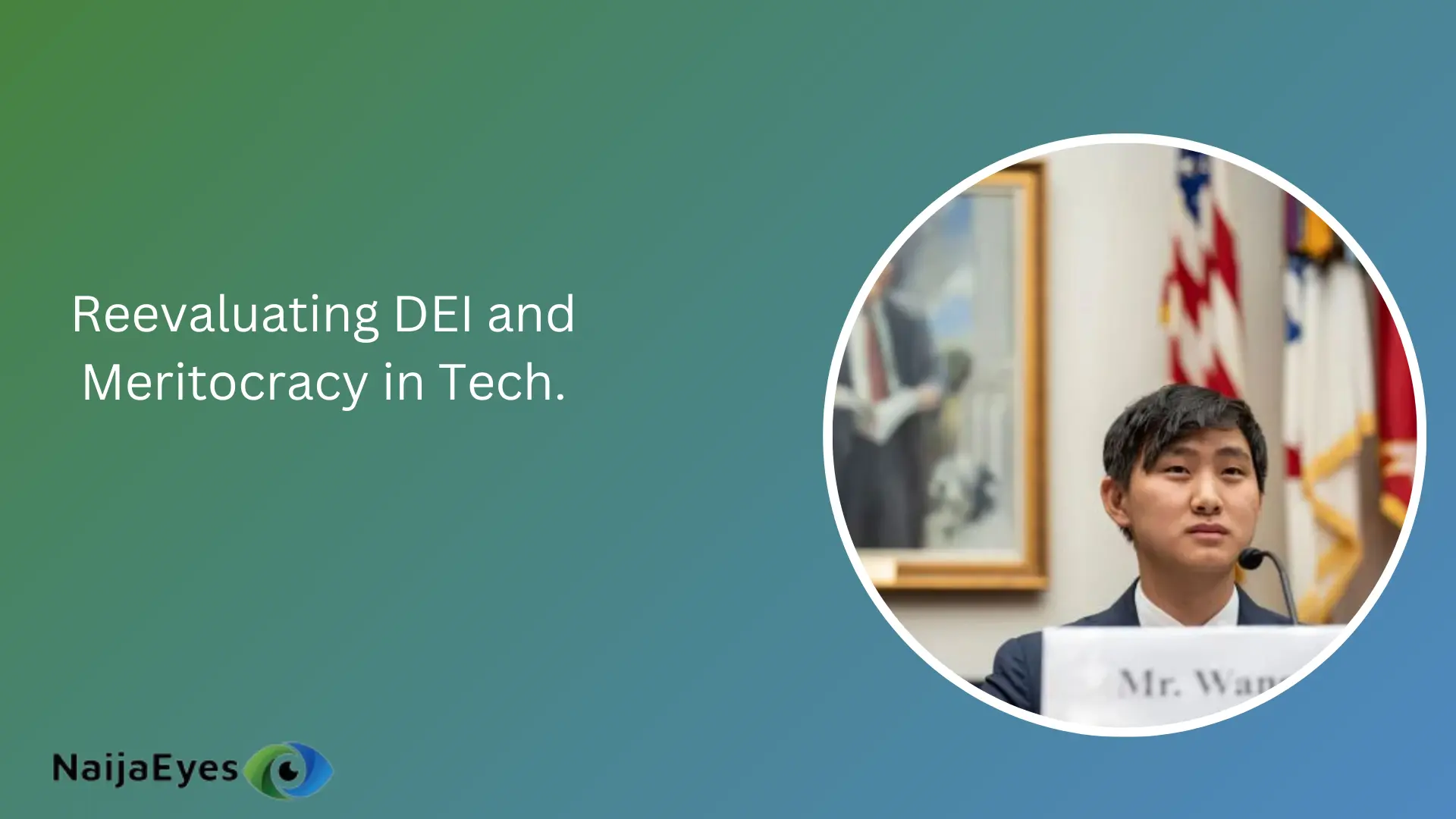Reevaluating DEI and Meritocracy in Tech.
The debate sparked by Alexandr Wang’s advocacy for “MEI” (merit, excellence, and intelligence) over “DEI” (diversity, equity, and inclusion) reflects deep divisions in the tech industry and beyond. Wang argues for a meritocratic approach, claiming it ensures the best candidates are chosen based on objective criteria rather than factors like race or gender. This stance has drawn praise from some prominent figures in tech but criticism from others who argue that meritocracy, as an ideal, often overlooks systemic barriers and perpetuates existing inequalities.
Critics, such as Mutale Nkonde and Natalie Sue Johnson, point out that meritocracy can be subjective and biased. They argue that focusing solely on merit can ignore structural disadvantages faced by underrepresented groups, such as unequal access to education or opportunities. Moreover, research suggests that diverse teams perform better and that meritocracy, when applied without consideration of these disparities, can actually increase bias rather than reduce it.
Emily Witko and others criticize Wang’s approach as oversimplified and potentially damaging, particularly in a field like tech where diversity issues have been significant. They argue that DEI initiatives aim to address these disparities by actively seeking out talent from diverse backgrounds and ensuring fair opportunities for all.
Wang’s advocacy for MEI is seen by some as a reaction against what they perceive as overemphasis on diversity initiatives that they believe prioritize identity over qualifications. However, critics contend that Wang’s dismissal of DEI overlooks its broader goals of creating fairer and more inclusive workplaces where all individuals, regardless of background, have equal opportunities to succeed.
Ultimately, the debate highlights larger questions about how companies approach hiring and whether meritocracy alone can achieve truly equitable outcomes. Critics argue that true diversity and inclusion require intentional efforts to dismantle systemic barriers and actively promote fairness, rather than relying on a belief in meritocracy alone.
Share News with us via WhatsApp: 08163658925 or Email: naijaeyes1@gmail.com
Join Our Social Media Channels:
WhatsApp: NaijaEyes
Facebook: NaijaEyes
Twitter: NaijaEyes
Instagram: NaijaEyes
TikTok: NaijaEyes





